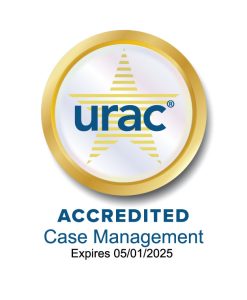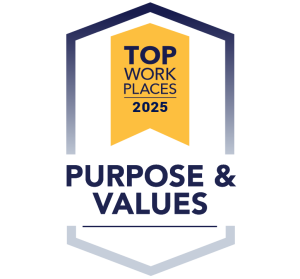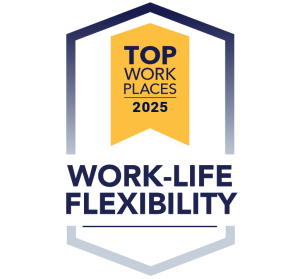By: Renée Dain, SVP, Strategic Partnerships and External Affairs
The words “Medicaid” and “Medicare” are so much alike that it’s easy to get them confused. Navigating the complexities of Medicaid and Medicare can seem daunting, but understanding its different parts and how they work can help you maximize your benefits and make informed decisions about your healthcare.
Both are distinct government programs designed to assist individuals with their healthcare costs. Medicaid is a joint federal and state program that helps pay health care costs for individuals and families with limited income and resources. Medicare is a federal health insurance for people 65 or older. You may also be eligible to get Medicare earlier if you have a disability, End-Stage Renal Disease (ESRD), or ALS (also called Lou Gehrig’s disease). There are four parts to Medicare: Part A: Hospital Insurance, which covers inpatient/hospital coverage, Part B: Medical Insurance, outpatient/medical coverage, Part C: Medicare Advantage, which offers an alternative way to receive Medicare benefits, and Part D: Prescription Drug Coverage.
Some people can have both Medicaid and Medicare, and these benefits can work together to cover most of your health care costs. If you qualify for both, you are considered “Dual Eligible.” Individuals who are dual eligible can often qualify for special kinds of Medicare plans. One such example is a Dual Special Needs Plan (D-SNP), a Medicare Advantage plan designed to provide special coverage for people who are enrolled in both Medicare and Medicaid. These plans help people with the highest needs cover out-of-pocket costs they may otherwise be responsible for under traditional Medicare programs.
How do you enroll?
Medicaid does not have specific enrollment periods. You can apply for Medicaid at any time of the year. If you qualify, your coverage can start immediately, retroactively, or on the first day of the month you apply. Eligibility for Medicaid can also change throughout the year, so if your circumstances change (like income or family size), you can apply or reapply as needed. Learn more HERE.
You are automatically eligible for Medicare at the age of 65. However, if you are under 65, you might qualify due to a disability or specific condition. The initial enrollment period starts three months before your 65th birthday and ends three months after that birthday month. It’s important to enroll during your initial enrollment period to avoid any late enrollment penalties. If you’re still working and have health insurance through your employer, you might choose to delay Part B without penalty. Make sure to speak to your HR department before making any decisions.
The following are the only times someone can enroll in Medicare:
- Initial Enrollment: when you first turn 65 or transition onto Medicare from SSDI.
- Annual Enrollment: every year from January 1 – March 31. Beneficiaries can sign up for Part A and/or B and Part D if needed and can also get an Advantage Plan (Part C) at this time as well.
- Special Enrolment: specific to each person based on life circumstances like retirement, lose insurance under no fault of their own or move
Learn more HERE.
What do Social Security benefits have to do with getting Medicare?
If you’re under 65 and getting disability benefits from Social Security, you automatically get Medicare after getting disability benefits for 24-months or when you turn 65 – whichever comes first.
Before you turn 65 (at least four months before) if you apply to start getting retirement benefits from Social Security (or the Railroad Retirement Board), you’ll automatically get Part A (Hospital Insurance) and Part B (Medical Insurance) when you turn 65. You’ll still need to make important decisions about how you get your coverage, including adding drug coverage.
If you want to get Medicare when you turn 65, but aren’t planning to take retirement benefits at that time, you’ll need to sign up for Medicare. After you turn 65 you need to contact Social Security when you are ready to sign up for Medicare. Depending on your work situation and if you have health coverage through your employer, you may want to wait to sign up for Medicare. Learn more HERE.
What is SHIP and what assistance do they provide?
SHIP is your local State Health Insurance Assistance program. They provide free, unbiased help to Medicare-eligible beneficiaries, their families, and caregivers. SHIP provides assistance with plan comparison and enrollment, understanding coverage and costs, Medicare Supplement Plans (Medigap), eligibility and enrollment for financial assistance programs, preventive services, billing issues and appeals, health care fraud and marketing violations and referral to other resources. Click HERE to learn more.
Join Andrea Pomilla, Wellness and Health Benefits Manager, Department of Housing and Community Services, Office on Aging, on June 18, 2024, at Noon, for a special webinar on Navigating the Transition from Medicaid to Medicare. Click HERE to register to attend. This webinar is part of The Coordinating Center’s new Community Enrichment Series – engaging workshops supporting individuals and families to achieve their aspirations for a meaningful life!







